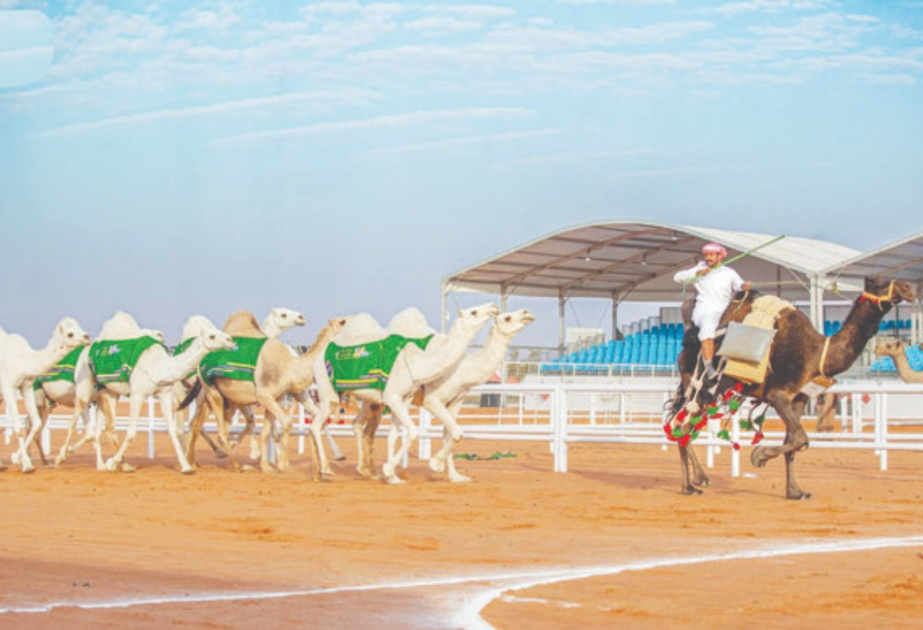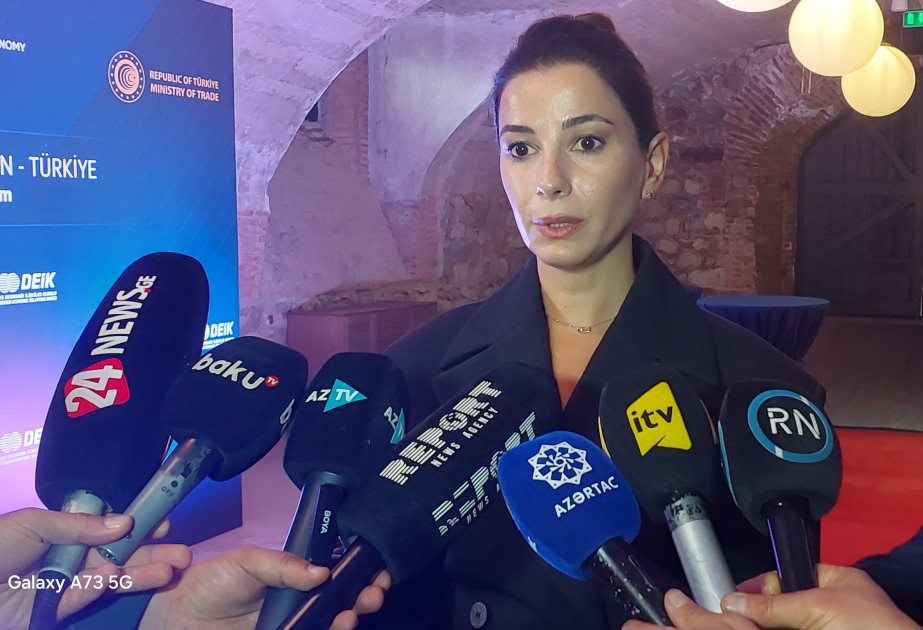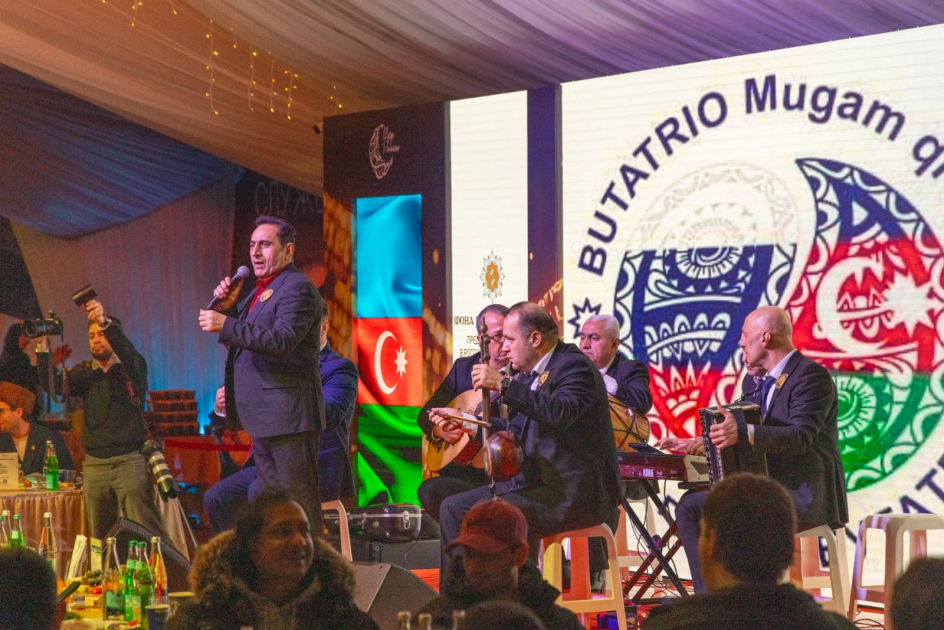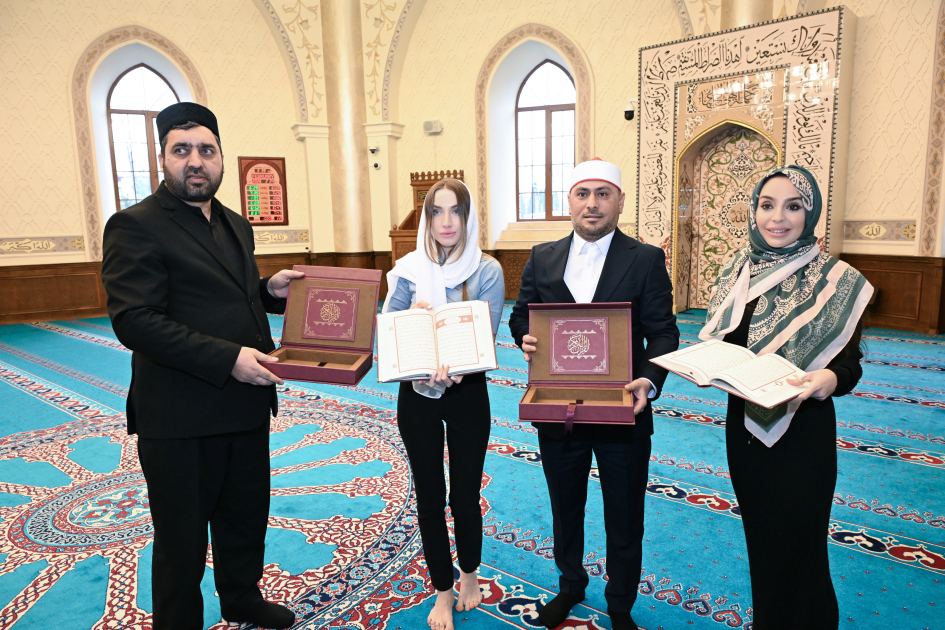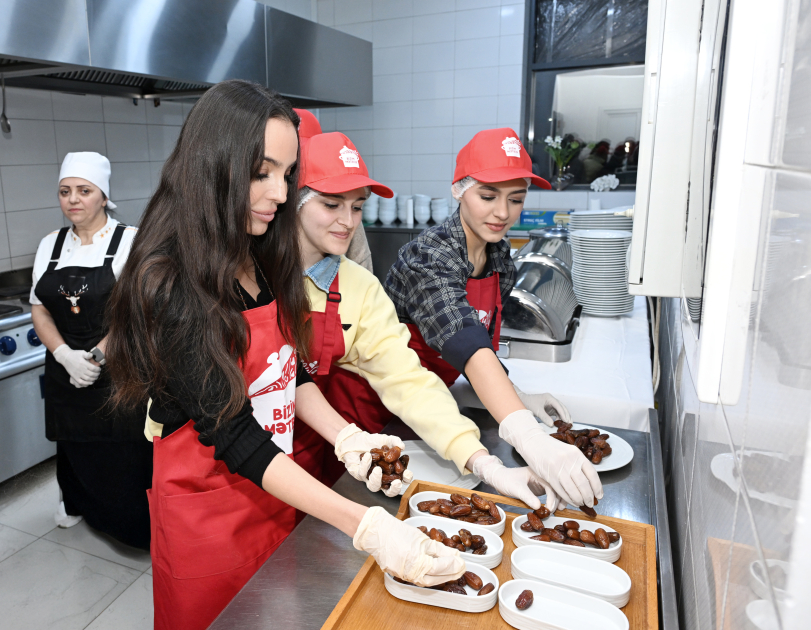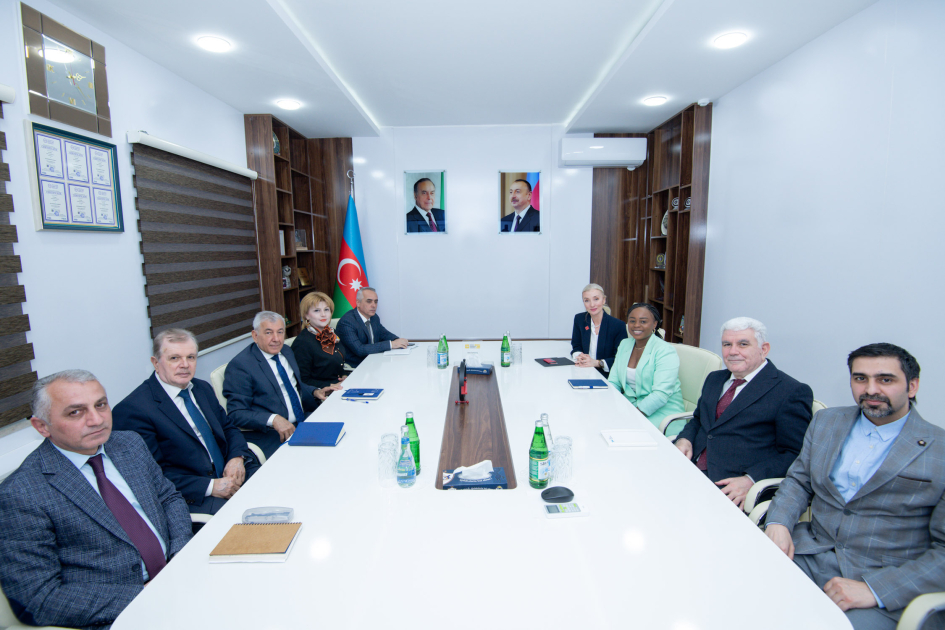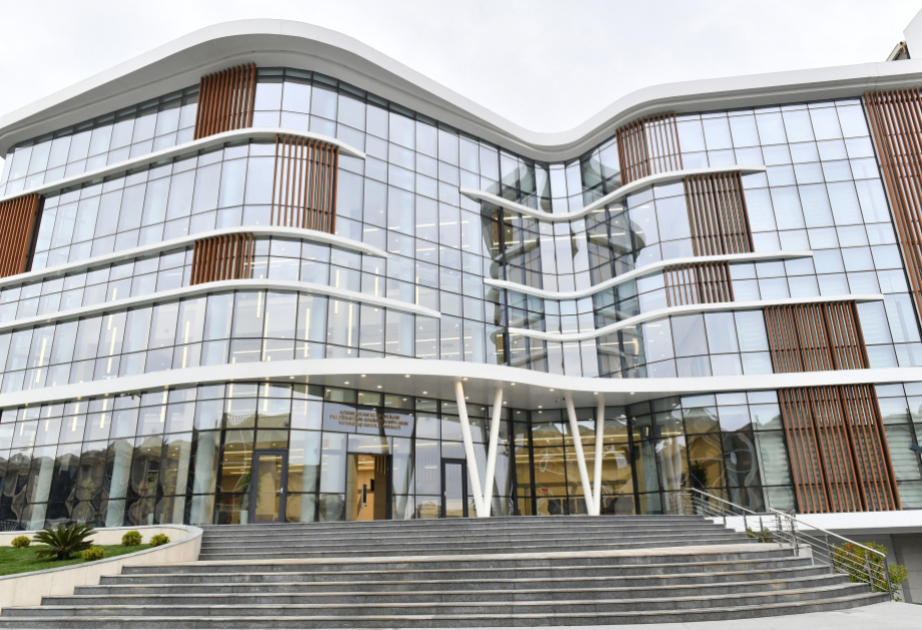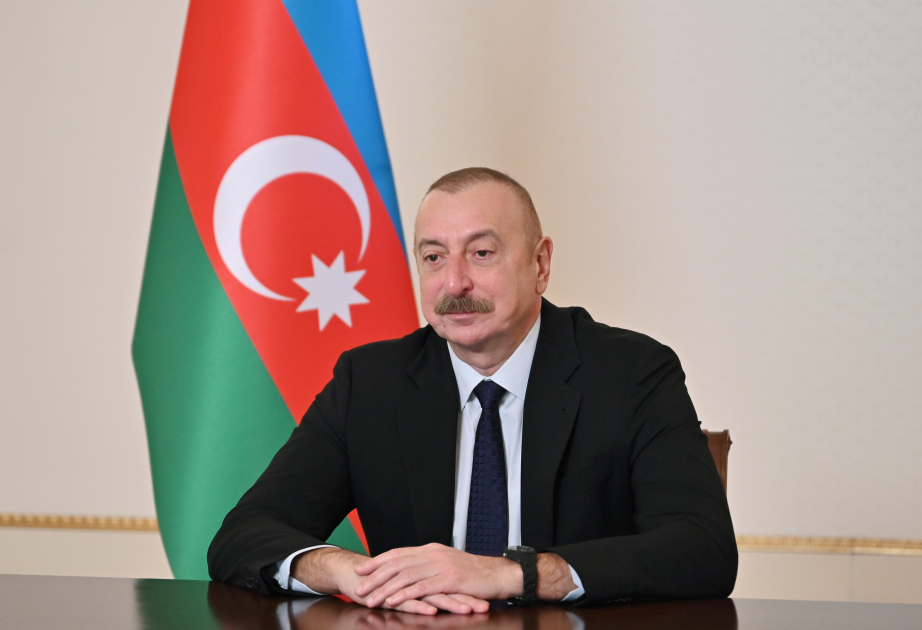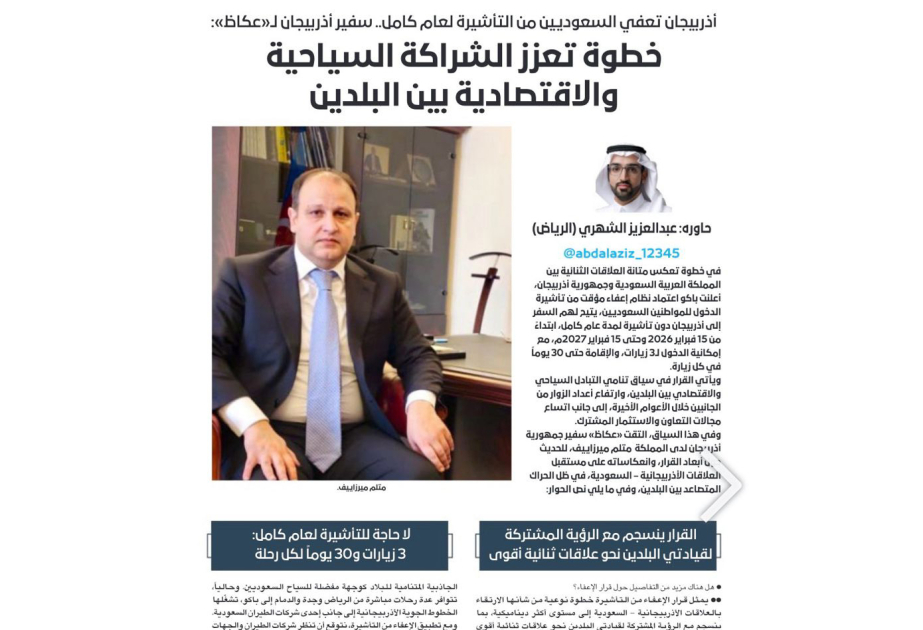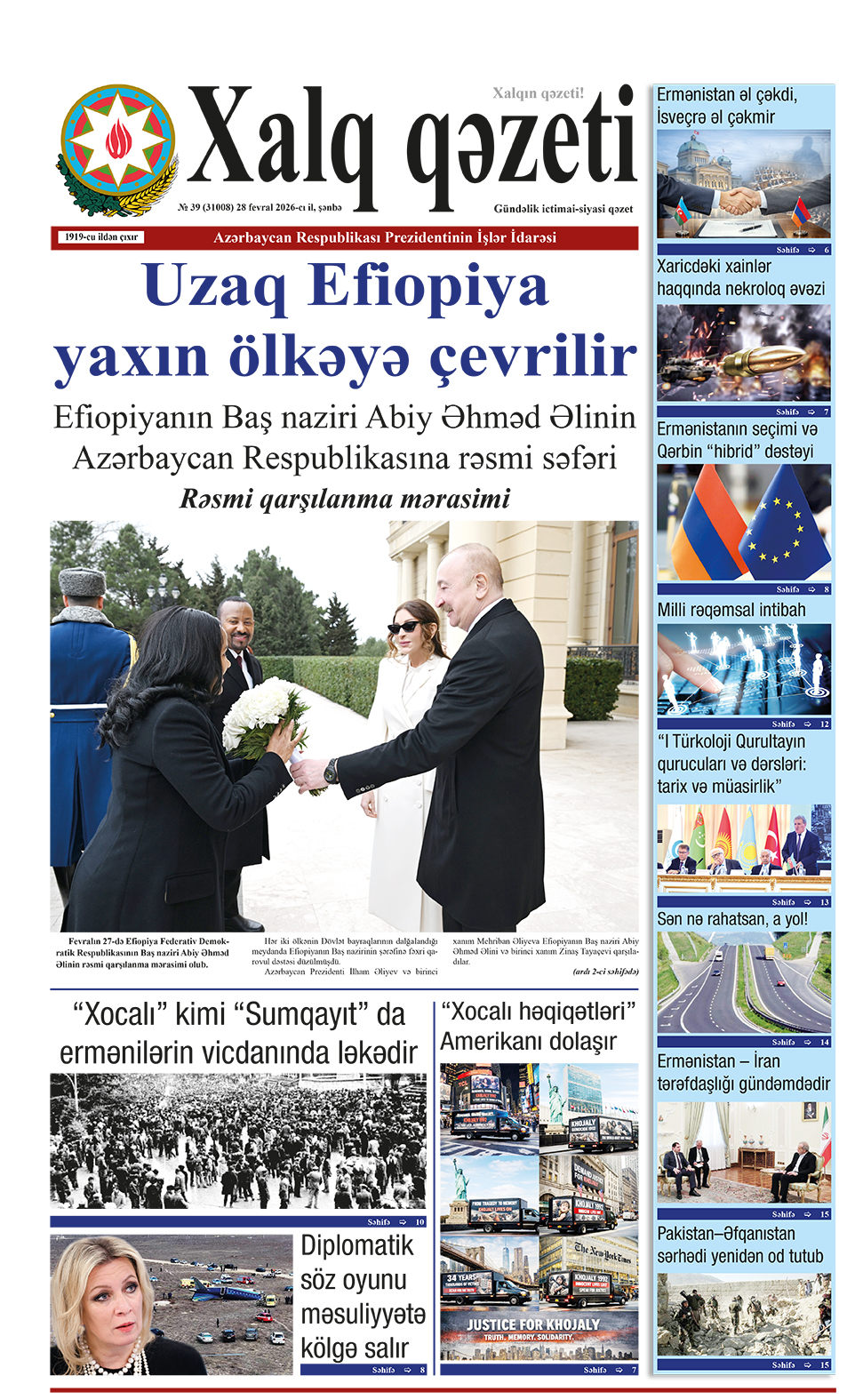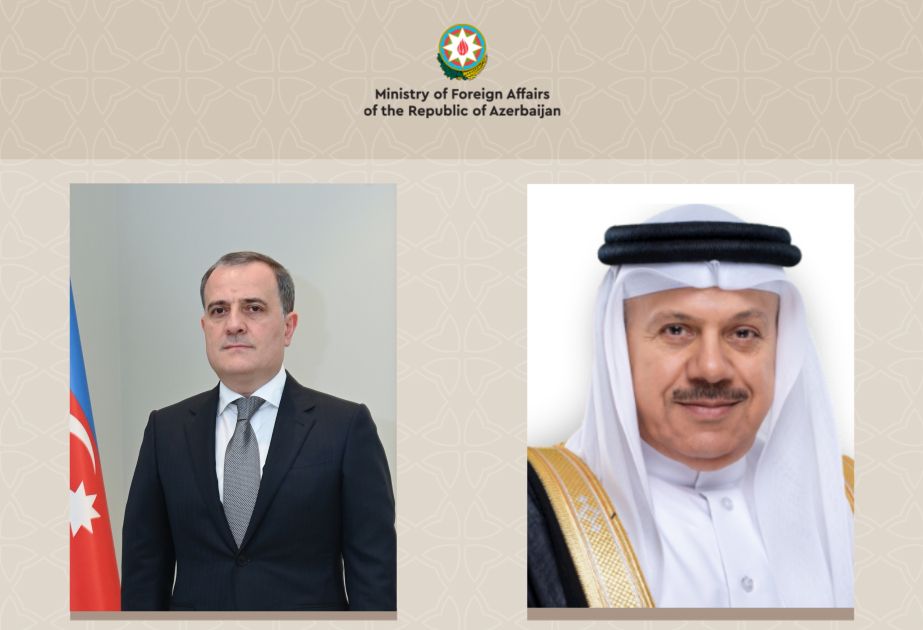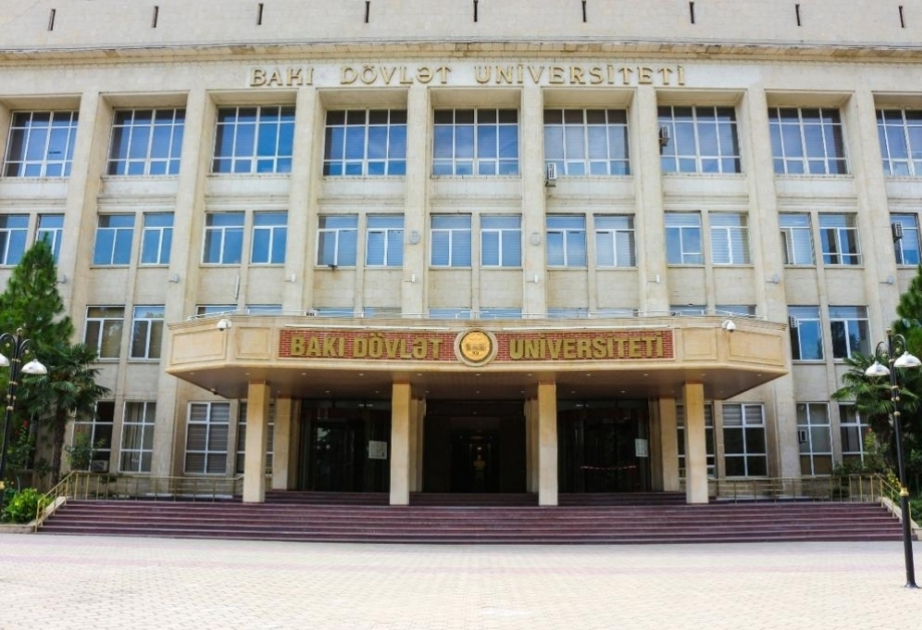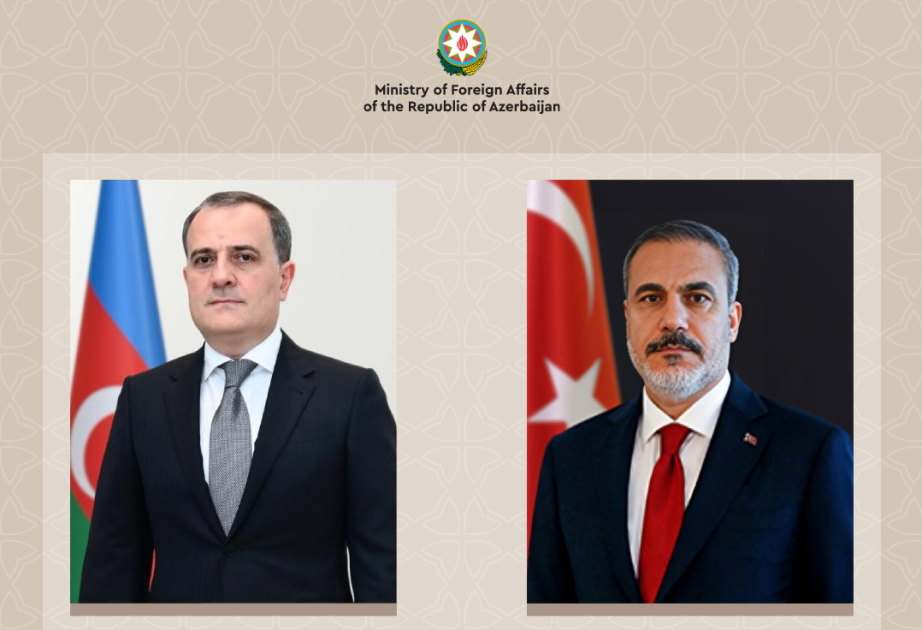The King Salman Global Academy for the Arabic Language unveiled the Camel Lexicon, a comprehensive source compiling authentic information related to camels in Arabic, on Thursday, according to Arab News.
According to Dr. Abdullah Al-Washmi, KSGAAL secretary-general, the Camel Lexicon is a continuation of KSGAAL’s efforts in the field of lexicography.
It offers a rich linguistic resource, including terms and expressions specific to camels, such as their breeds, descriptions, species, colors, life stages, as well as diseases and defects they may encounter.
The lexicon also features distinctive marks and includes idioms, proverbs, stories, tales, and poetry associated with camels and aims to prevent it from getting lost or distorted over a period of time.
The Camel Lexicon will facilitate researchers and those interested in accessing accurate and reliable information about this field. It will also play a crucial role in preserving the linguistic and cultural heritage tied to camels by documenting the words and expressions that have been used by Arabs throughout history. It also endeavors to revive and pass down this rich heritage to future generations.
This lexicon demonstrates the academy’s strategic role in serving various key sectors, as it serves as the primary reference for the Arabic language in the Kingdom.
The academy previously introduced a series of specialized lexicons, Al-Washmi added.
The concept behind the Camel Lexicon stemmed from the esteemed position of camels in Arab culture. It was meticulously crafted based on the “Camel” blog, established by the academy in August 2024, and is part of the linguistic corpora available on the “Falak” platform for linguistic blogs, the KSGAAL secretary-general explained.
These efforts were part of programs inspired by the Cabinet's decision to declare 2024 as the “Year of the Camel,” showcasing the Kingdom’s pride in the cultural and historical value of camels and their cherished position in the heart of Saudi society, Al-Washmi noted.
The Camel Lexicon is an essential tool for documenting and deepening the understanding of camels and their role in Arab culture. It serves as a valuable reference for enthusiasts and researchers in this field, Al-Washmi said.
“Language and culture are deeply intertwined and preserving the terms and expressions linked to heritage plays a vital role in strengthening Arab cultural identity. It serves as a living record of both tangible heritage, such as camels and the tools associated with them, and intangible heritage, like the customs and traditions surrounding camels. By documenting these elements, we ensure that this history remains vibrant and enduring,” Al-Washmi said.
Dr. Abdullah Al-Fifi, head of the linguistic computing department at the academy, said: “By meticulously documenting terms that capture the essence of camel life, traits, and their profound roles in Arab traditions, it ensures this cultural treasure is safeguarded. Moreover, it stands as an inspiring bridge to pass this linguistic wealth on to future generations.”
The documentation of terminology showcasing the diverse facets of camel life — encompassing their breeds, colors, conditions, and unique traits — has preserved a treasure trove of knowledge for future generations.
The academy relied on the “Camel” blog, which contains 666,186 words collected from 971 Arabic texts, according to Dr. Yahya Allateeni, director of the Digital Dictionaries Department at KSGAAL.
The team extracted camel-related terms and their definitions using an automated process, organizing them into a dictionary according to the global LMF standard for the lexicographic industry.
This automated approach was adopted to ensure the terms could be used to feed various computational applications. “These terms were reviewed by experts in camel culture from outside the academy to assess the dictionary from a technical perspective,” Allateeni said.
“We do not stop at this point. We welcome all feedback from interested parties and experts, incorporating it into an ongoing review and evaluation process. We also ensure that any terms not included in the previous edition are carefully considered,” he added.
KSGAAL commended the pivotal role of the Camel Club in refining the lexicon’s content, expressing deep gratitude for their invaluable contributions. The academy emphasized the importance of sustaining this productive partnership to further enrich the Camel Lexicon with new and diverse entries, strengthening its content and broadening its scientific reach.


